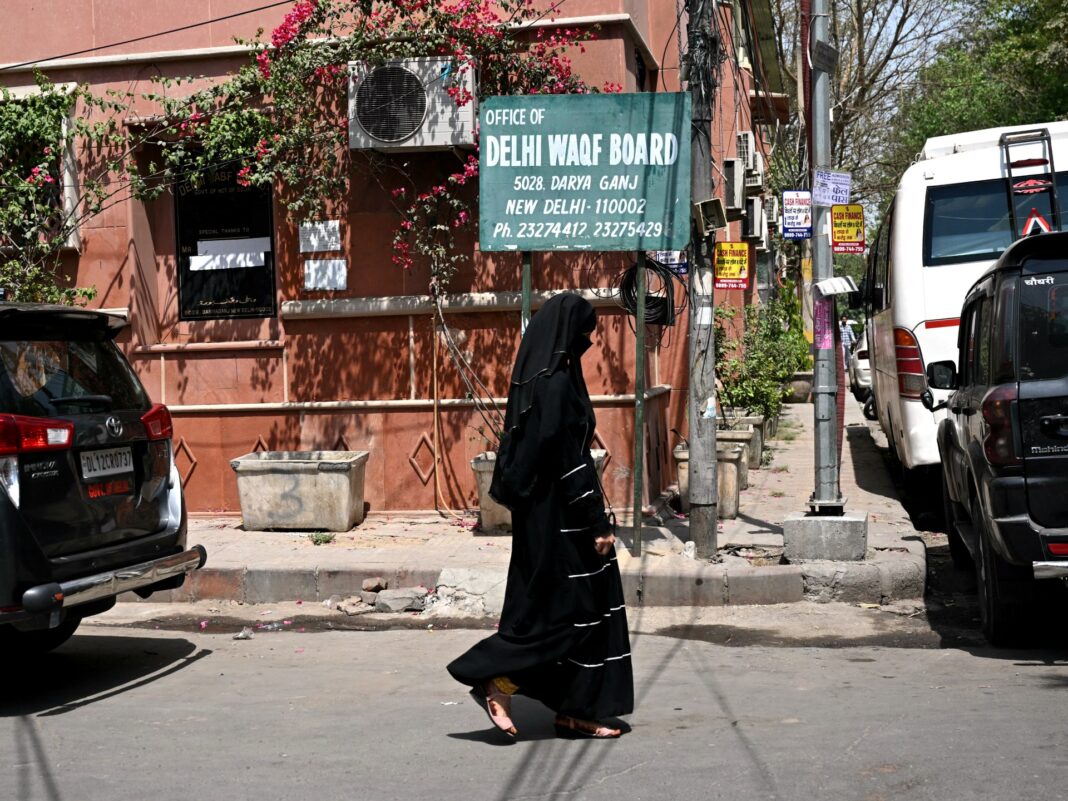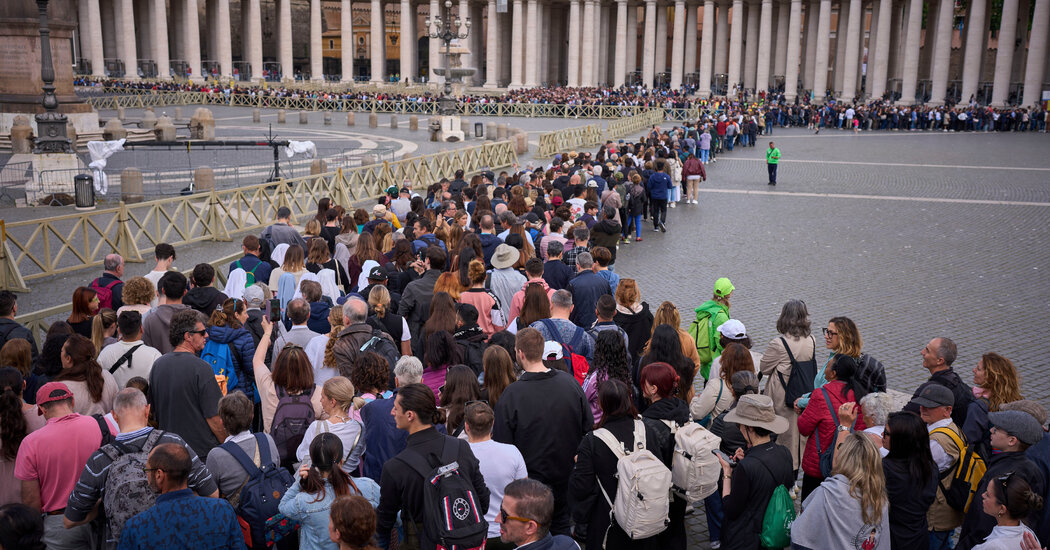Imagine this: a 100-year-old bungalow, built by your great-grandfather – a quiet, serene place dedicated for decades to a single, noble purpose: Charitable work. Its doors have always been open to those in need, a haven of compassion and service. This isn’t just a building; it’s your family’s legacy, a responsibility passed down from your grandfather to your father, and eventually, to you.
Then, overnight, everything changes.
A new law. A deleted clause. A lone government official standing on a distant hill, raises his hand to his brow, surveys the land, and casually points. “That one,” he says. “I do not believe that land, or the property on it, was entrusted to you, or to the purposes you have dedicated it to.” With bureaucratic calm he declares the land to be government property. You are now an encroacher.From that moment forward, the land stops being under your guardianship. The state steps in and assumes control. And just like that, the bungalow cared for by your family for generations and used for goodwill, is no longer under your guardianship.
There is no due process. They say there will be an investigation. Eventually. They give you no date, no deadline. Until you hear from them, all you can do is wait. Outside. For you now require permission from the state to step into the building your ancestors built and tasked you with protecting.
Sounds dystopian? Not to Indian Muslims, for whom this is the lived reality under the Waqf Amendment Act – a piece of legislation that turns foundational principles of ownership, due process, and religious neutrality on their head.
Waqf, by its very definition, is a perpetual endowment to God – meant to benefit the community by providing services, such as education and healthcare. It is not “owned” by an individual. It is held in trust, safeguarded by a mutawalli (custodian), and protected – one would assume – by the state.
But the Waqf Amendment Act, 2025, flips that assumption.
Gone is the troublesome clause that allowed land to be declared “waqf” by user – the traditional understanding that land held in trust for charitable purposes should be protected from arbitrary claims, based on historical usage. In its place, we now have unilateral executive control. As a result, a single government official can now decide, with the wave of a hand, whether a property is waqf or government-owned. And to assist him in this task, he shall be unaided by evidence, unencumbered by due process and freed from the need for justification. One opinion. One notification. One perfectly legal expropriation. And the appeals process? Delightfully circular. You appeal to the same machinery that accused you.
The amended law, in a dazzling display of secular theatre, now requires non-Muslims to be included on Waqf Boards. A demand no other religious trust faces. Temple trusts are not asked to induct imams. Church committees need no agnostics. But Muslim waqfs, under this perplexing, amended law, must open their management to those with no stake in their theology, tradition or scholarship. At what point does inclusivity cross the line into dilution? One might ask. Equality, in this version, appears to be little more than selective intrusion.
Then comes the audit. The central government now holds the right to order audits of waqf properties via its own appointed auditors. Transparency, they call it. To check corruption within Waqf Boards. But if you squint, you’ll notice it looks suspiciously like oversight without the necessary checks and balances. The watchdog, after all, is rarely impartial when it reports to the kennel.
This is not a frontal assault. It’s soft erasure.
No bulldozers. No headlines. Just notices, footnotes, and shifting definitions. And all of it perfectly “legal”.
So yes, the bungalow still stands. Its walls are intact. Its gates still swing. But the meaning behind them – the sacred concept of waqf, once a gift to God, now rests at the discretion of the state’s mood.
What we’re witnessing isn’t a heist in the dark – it’s something far more elegant. A reconfiguration of ownership, carried out not by shadowy middlemen but by the machinery of the state itself. There are no land mafias here, only legislation. No backroom deals, just policy. And so, with the quiet certainty of officialdom, a system once meant to protect charitable trusts is now perfectly positioned to absorb it – one signature, one “determination”, one hilltop glance at a time.
This is not reform. This is asset appropriation – slow, quiet, and absolute. Engineered with paperwork, not pistols. Because in the end, this is not a Hindu-Muslim issue, it’s a real estate one.
The views expressed in this article are the author’s own and do not necessarily reflect Al Jazeera’s editorial stance.


